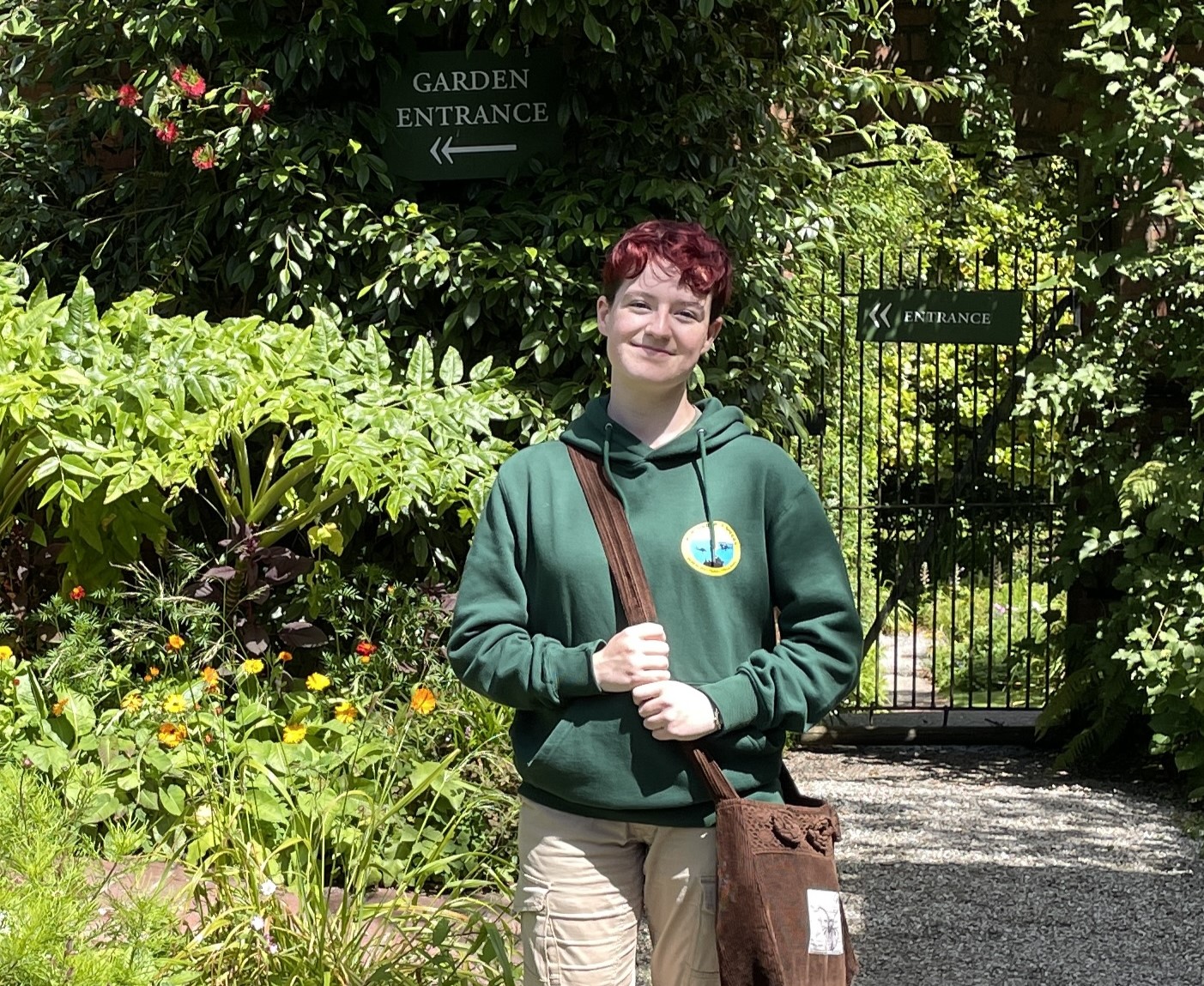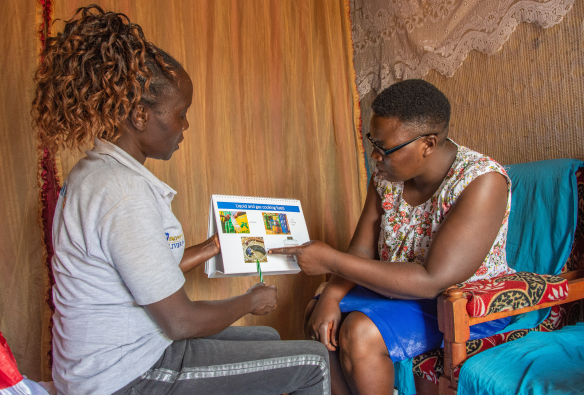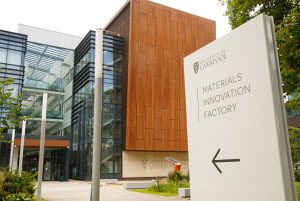
A new report highlights the University of Liverpool’s significant economic and wider impacts to both the city region and wider UK.
Being launched this afternoon (Wednesday 25 September 2024), the report reveals the University’s role in driving economic growth, its contribution to local life, high-quality teaching, research excellence and its global impact.
See the report here
Overall, the University of Liverpool’s activities (in 2022/23) are estimated to have generated up to £1.2 billion and 15,870 jobs in the Liverpool City Region (LCR). This equates to a contribution of more than 3% of the total LCR economy and creates 1 in every 50 jobs. At the national level, the impact is up to £2.2 billion and 26,630 jobs.
The University generates an annual income exceeding £675 million, and its major economic influence is a result of its commitment to the local and national economies. From capital spend and supply chain impact to locally based staff and students who spend in the region, it is a layered mix maintaining the University’s position as a key component in the fabric of Liverpool.
Professor Tim Jones, Vice-Chancellor, University of Liverpool said: “The University is a proud and long-standing citizen of this great city, and we’re delighted to celebrate the significant contributions it has made to the Liverpool City region and beyond.
“The University of Liverpool is a remarkable place, that has consistently pursued excellence in education, research, and community impact. The Economic and Wider Impacts Report further contributes to the momentum we’re building towards realising our vision set out in Strategy 2031 of becoming one of the Top 100 universities worldwide.”
Steve Rotheram, Mayor of the Liverpool City Region said: “The University of Liverpool isn’t just one of our great assets—it’s part of the very fabric of our region’s heritage. As the original red brick university, its reputation stretches far beyond our borders, and its ambition to break into the world’s top 100 shows that its ambitions remain undimmed.
“But it’s about far more than just rankings. The University’s impact is felt on the ground, right here in our communities, helping to drive growth, create opportunities, and make sure that the Liverpool City Region is a place where everyone can thrive. We’re proud of our shared past but I know that working together, we’re building a brighter future that leaves no one behind.”
The Economic and Wider Impacts Report comprehensively illustrates the many successes and contributions of the University. Highlights include:
- Education and Experience: Through surveys, students reported notably high satisfaction, with strong endorsement of the University. Importantly graduates of the University benefit from significant wage premiums. For the 2022/23 academic year, this is projected to result in an annual wage uplift of £230.8 million (in 2024/25 prices), highlighting the economic advantages of studying at the University of Liverpool.
- Research Excellence and Knowledge Exchange: The University maintains extensive research collaborations, involving 1,300 external organisations across 40 countries. In 2022/23, research award value amounted to £160.7 million. Furthermore, the University’s knowledge exchange activities, including Intellectual Property licensing and spin-out companies, contribute up to £66 million and 770 jobs across the UK.
- A civic university with a global reputation: The University of Liverpool has an extensive international presence with 322 research projects worldwide and a range of university partnerships in Europe, China, India, Canada and North America. The University is both part of a global community and is proud to host a global community on campus with 7,700 international students and supports a global network of over 270,000 alumni.
AMION Consulting was commissioned to evaluate the University’s current standing, celebrate its achievements, and guide future strategies in alignment with the Strategic Framework 2031.
In their words…
Part of the University’s success is its positive impact on people – from students and the local community to those thousands of miles away. Here we shine a spotlight on the just some of the people behind the numbers:
The Law Clinic: The University uplifts local communities by providing valuable services to LCR residents, such as the Law Clinic providing legal advice to 485 clients (93% from Merseyside). Run by qualified solicitors assisted by Law students, Liverpool Law Clinic provides advice on family, special educational needs (SEN), domestic abuse and immigration cases.
Jaymie Shakeshaft, a third-year law student at the University of Liverpool, has been volunteering at the Law Clinic since her first year:
“Being part of the Law Clinic has been a great experience in lots of ways. As someone from the local area, I’ve found it really rewarding when getting a positive outcome for people from the local community – especially those that most benefit from access to free and confidential legal advice.
“During my time I’ve had the chance to develop my skills including writing summaries of cases and drafting pre-action letters for judicial review, which have been invaluable for my studies.
“I was very shy in my first year, but being in a client-facing position has also helped with my confidence. Not only does this support my personal and professional development but I like to think it will make me a better solicitor for my future clients after I graduate.”

Student Volunteering: Approximately 13% of University of Liverpool students volunteer weekly, averaging 5 hours per week. In the 2022/23 academic year, this equated to approximately 3,978 students contributing around 925,549 hours, generating a social benefit of £9.7 million annually.
Aiden Ireland, third-year Marine Biology student, currently volunteers as part of ‘Gardening with the Guild’ at the University. They said:
“In my current volunteer role, I look after our vegetable and flower garden, planting in and maintaining green areas around campus and participating in projects such as hedgehog monitoring and bug house building. I have also previously volunteered at my local library, reading to young children and running arts and crafts events.
“Volunteering lets me feel involved in my community and gives me a great sense of accomplishment when I see how my work helps people and makes them happy. It’s rare that you’re able to spend your time doing something that works towards your academic goals and future employment, but that you also thoroughly enjoy and lets you develop as a person. I really don’t think there’s anything more rewarding than giving my time for a cause I support.”

CLEAN-Air(Africa): CLEAN-Air(Africa) Global Health Research Unit is a Global Health Research Group with researchers from across the UK and sub-Saharan Africa. Research by the unit has revealed that cooking with polluting fuels in the region leads to over 680,000 premature deaths annually. Part of the work of CLEAN Air (Africa) is training community health workers to work with communities to communicate the health benefits of transitioning to clean household energy, including gas.
Here Sheillah Angutwa, from Uasin Gishu County, Kenya explains what moving to clean cooking has meant: “Illness at home has been minimised because of the transformation from the jiko [charcoal cooker] to gas. The environment and where we prepare food is now very clean. I introduced my friend who used the jiko, to gas, talking to her about its advantages and showed her the cost comparison and she was very happy and now uses gas also.”

The Materials Innovation Factory (MIF): established with Unilever, hosting over 200 of their R&D staff, with breakthroughs supporting Unilever’s product sales by over £500 million annually since 2018. The relationship between Unilever and the University goes back over 100 years.
Jon Hague, Head of Clean Future Science and Technology, Unilever Homecare said: “To compete successfully, collaboration is key and the University is one of the world’s leading academic institutions for materials science. Increasingly, innovation comes from strong partnerships which allow the sharing of expertise.”
